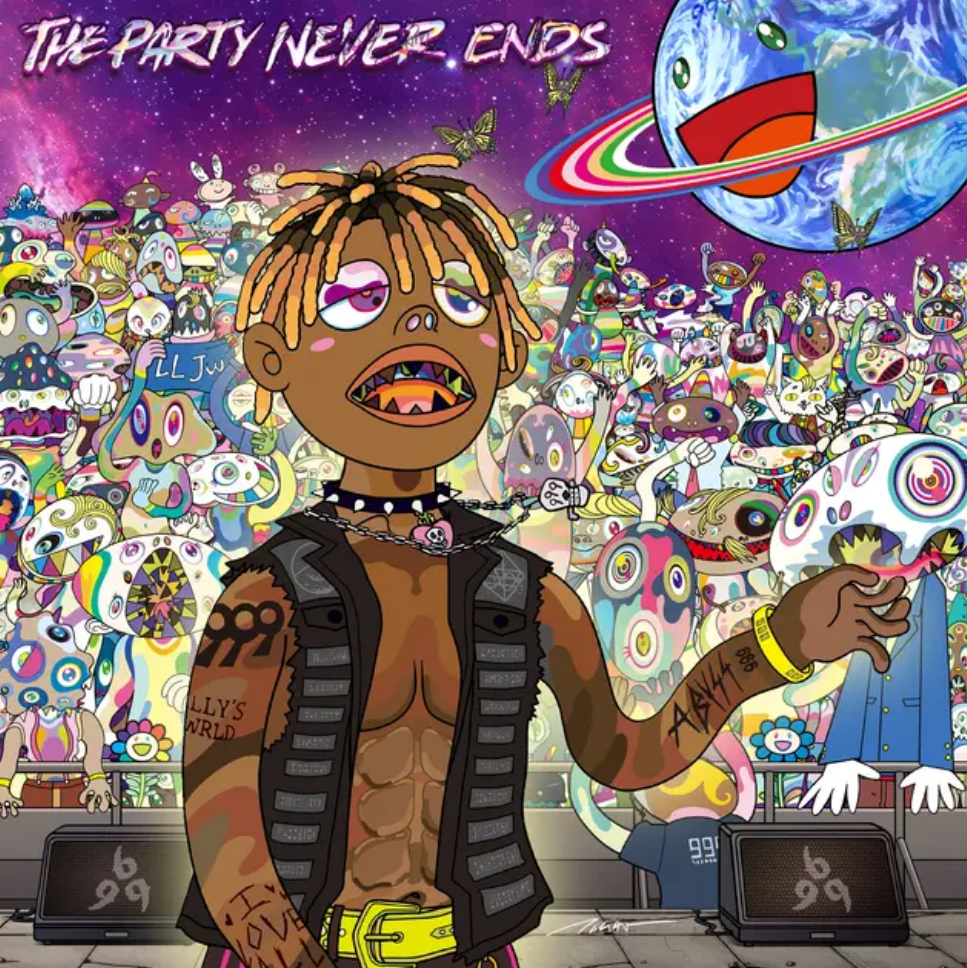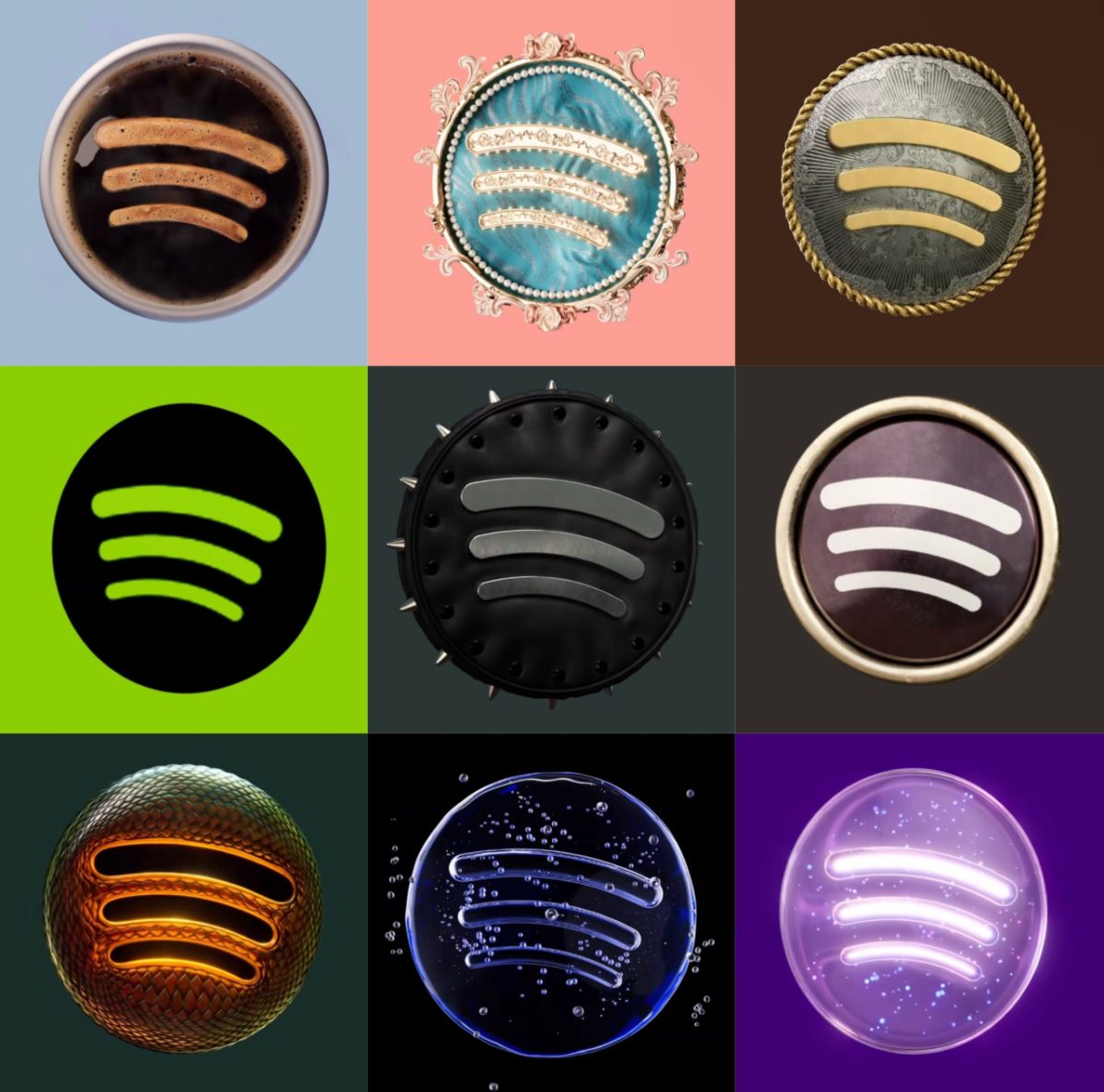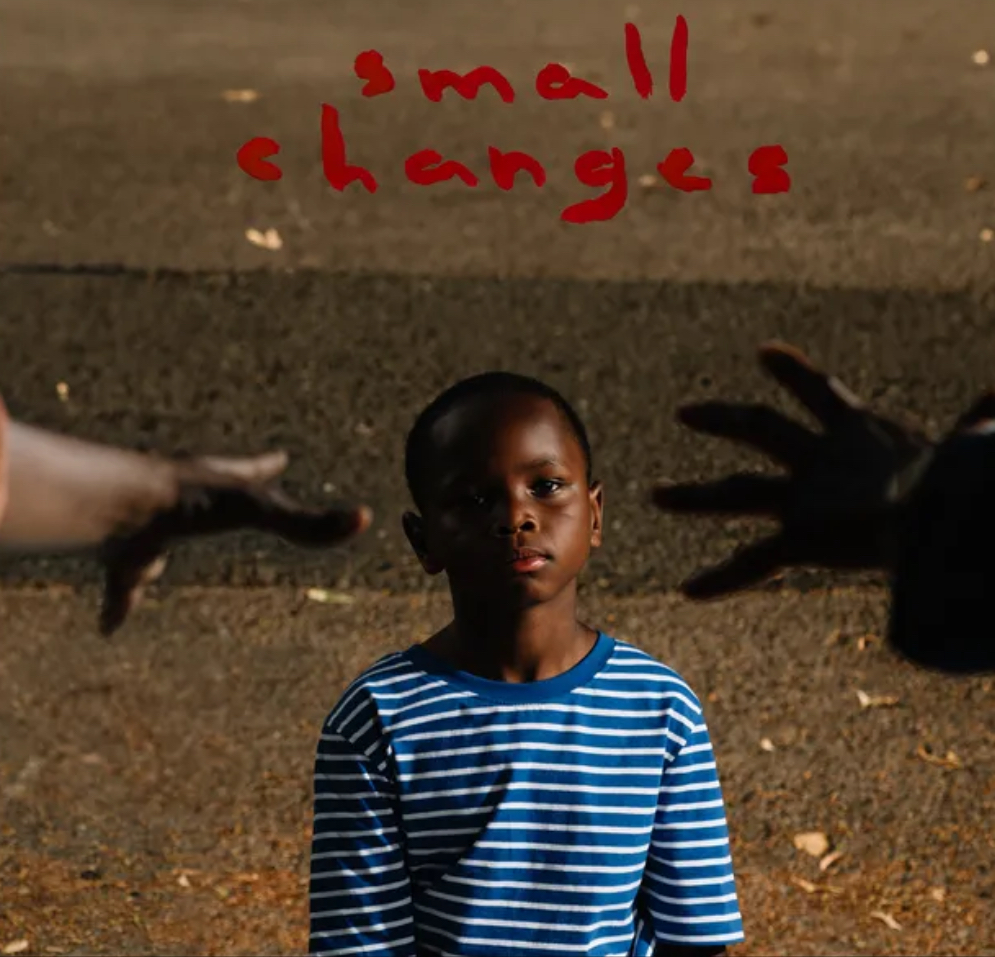There’s a lot more to the Super Bowl than watching football, drinking beer, eating chips and being with friends. Besides the halftime show, Super Bowl commercials have become a huge staple of the event itself.
A good ad can give a business a large and sometimes much-needed boost in sales. And these days, if the ad is popular enough it will quickly spread like wildfire all over the Internet—just look at Reebok’s Terry Tate campaign.
With NBC estimating that 98.7 million people watched the Super Bowl last year in the United States alone, the Super Bowl is an ad agency’s ultimate dream. But how did these commercials get to be so important to the Super Bowl?
Jeremy Butler, a professor of telecommunications and film, said some of the Super Bowl’s audience now gets entertainment more from the commercials than the game.
“It’s no question a lot watch the telecast for the commercials than the game itself,” Butler said. “Commercials [for the Super Bowl] have become an art form. With airtime costing millions, a lot of production goes into ads to justify the expenses.”
But the Super Bowl commercials have been a place for innovative achievements in the advertising world. If viewers watch closely, the amount of space in the ad about the product itself has gone down over the years. One research study found that some audience members, after watching the commercials, couldn’t remember exactly what it was selling. The 1984 Apple commercial didn’t even contain what the new Apple computer looked like.
Putting an ad in the Super Bowl means that companies better have the money to back it up or else face the consequences. During the early 2000s when the dot-com boom was in full swing, Internet companies continued to shell out money for ad space, which was money they sometimes didn’t have.
Both Pets.com and Computer.com bought airtime in the 2000 Super Bowl. So what are they doing now? Both are defunct, in part, because of too much ad funding.
Over the years, Super Bowl ads have become more and more a source of entertainment than the game itself, sometimes even replacing the game in terms of audience numbers.








